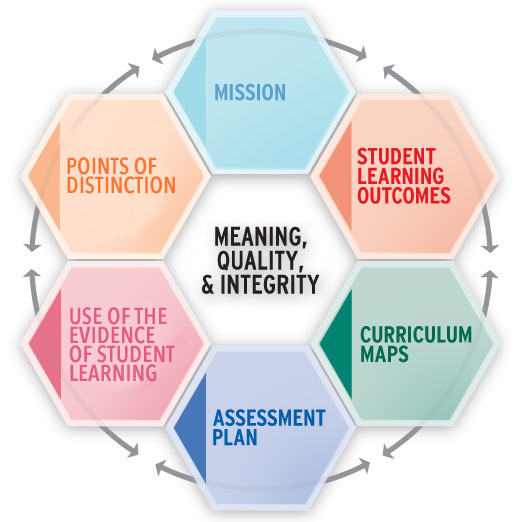The Applied Health Science major focuses on the application of the biological and physical sciences in the study of human movement, with regard to their effects on the health and quality of life of people of all ages and abilities. A course of study is offered to students interested in preparation for graduate study in allied health and therapeutic sciences, including physical and occupational therapy, physician assistant, chiropractic, and osteopathic medicine. This is a pre-professional major as students will necessarily attend graduate school to accomplish professional degrees and state licensures.
The Athletic Training Program (ATP) seeks to prepare students for the allied health profession of athletic training: a profession that specializes in the prevention, assessment, treatment and rehabilitation of emergency, acute, and chronic medical conditions involving impairment, functional limitations, and disabilities. Through a curriculum designed to provide a multifaceted learning experience in the scientific, clinical, and psychosocial foundations of sports medicine, students participate in extensive laboratory and clinical experiences and are prepared for a career as an athletic trainer at the secondary, collegiate and/or professional level of athletics. Graduates achieve the entry-level competencies necessary to take and pass the certification examination offered by the Board of Certification (BOC).
The Exercise and Sport Science major Is designed for students who desire careers or avocations of promoting optimal health through influencing the lifestyle factors of physical activity, wellness, rehabilitation and disease prevention. This program allows students to specialize in or adapt to various career opportunities in fitness, physical activity, health, or other clinical and educational settings. Students may also prepare for careers in the sub-disciplines of Kinesiology (i.e., Physical Education, allied health, strength and conditioning, community health, health education, motor development and exercise physiology).
